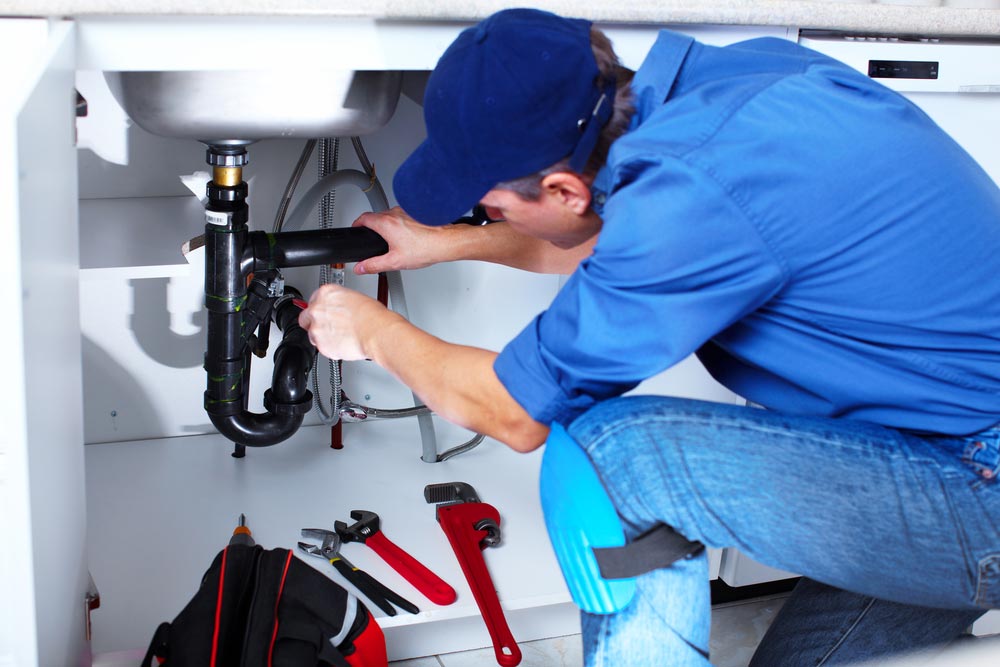Plumbing is an essential aspect of any home or building. It provides us with clean water, disposes of waste, and ensures that our daily routines are not disrupted. However, when plumbing issues arise, many homeowners may be tempted to tackle the problem themselves. While some minor issues can be fixed with a little bit of DIY, more significant plumbing problems require the expertise of a professional plumber. If you’re in need of plumbers Sonoma County, there are several reputable plumbing companies that offer a range of solutions, from emergency repairs to installation and maintenance of plumbing fixtures and systems. In this article, we will discuss the importance of a good plumber and why DIY plumbing isn’t always the best idea.
Safety
One of the main reasons why DIY plumbing is not always the best idea is safety. Plumbing systems involve water, gas, and electricity, which can be dangerous if not handled correctly. A professional plumber has the training and experience needed to work with these systems safely. They know how to turn off water and gas supplies, identify potential hazards, and take the necessary precautions to prevent accidents.
On the other hand, DIY plumbing can be dangerous, especially if the homeowner does not have the necessary skills or knowledge. Attempting to fix a plumbing issue without the proper tools or techniques can lead to injury or property damage. For example, a homeowner trying to fix a leaking pipe could inadvertently create a flood, causing water damage to the house.
Expertise
Plumbing is a complex and technical field that requires specialized knowledge and training. Plumbers undergo years of training and apprenticeship to develop the skills needed to diagnose and fix plumbing problems. They have a deep understanding of the various components of a plumbing system and can quickly identify the cause of the issue.
On the other hand, DIY plumbing often involves guesswork, which can lead to further damage. A homeowner may not have the expertise needed to identify the root cause of the problem or understand how different components of the plumbing system interact. This can result in a patchwork of temporary fixes that do not address the underlying issue.
Cost
Another reason why DIY plumbing is not always the best idea is cost. While attempting to fix a plumbing problem yourself may seem like a cost-effective solution, it can actually end up costing you more in the long run. If a DIY repair goes wrong, it can cause additional damage that will require professional intervention. This can result in more significant repair costs, especially if the initial problem was left unaddressed for an extended period.
Additionally, DIY plumbing can lead to wasted resources, such as water and energy. For example, a leaky faucet or toilet can waste significant amounts of water, increasing your water bill. A professional plumber can quickly identify and fix these issues, saving you money in the long run.
Time
DIY plumbing can be time-consuming, especially if the homeowner does not have the necessary skills or tools. Even simple repairs can take hours, which can be frustrating and disruptive to daily routines. Additionally, if the DIY repair goes wrong, it can lead to even more time-consuming repairs.
On the other hand, hiring a professional plumber can save you time and hassle. They have the necessary tools and expertise to diagnose and fix plumbing problems quickly, allowing you to get back to your daily routine.
Warranty
When you hire a professional plumber, you are often provided with a warranty or guarantee on the work they perform. This means that if there are any issues with the repair or installation, the plumber will fix it at no additional cost to you. Additionally, if there are any defects in the materials used, the plumber will replace them free of charge.
On the other hand, DIY plumbing offers no such guarantee. If the repair goes wrong, the homeowner will be responsible for any additional costs or damages. This can be a significant financial burden, especially if the damage is extensive.


More Stories
How To Use Shop Vac As A Water Pump?
The Ultimate Guide to Dozer Hire: What You Need to Know
Finding Comfort in the Digital Age: Your Guide to Online Mattress Shopping